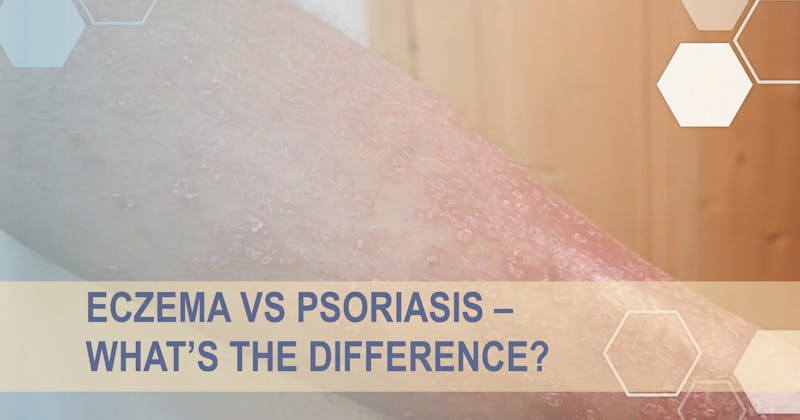Your Family Deserves the Best Care Book an Appointment
Your skin health matters, so don’t delay. Our clinicians look forward to treating you and your family at one of our local New England practices.
Find Your Nearest APDerm Center
When it comes to skin conditions, “rash” is a kind of catch-all term that is used to describe itchy outbreaks. While rashes can potentially represent a myriad of dermal ailments, two of the most common are eczema and psoriasis. Both complaints can cause itching, redness, discomfort and embarrassment due to their appearances – but they are not the same.
With dermatology offices throughout Massachusetts, New Hampshire, and Rhode Island, it is APDerm’s goal is to help identify and offer treatment options for eczema and psoriasis. Neither condition is curable, but they can both be maintained. If you need help dealing with your symptoms of eczema or psoriasis call (978) 707-6208 or click here to schedule your appointment.
Eczema
Eczema is an umbrella term that includes atopic dermatitis, dyshidrotic eczema, asteatotic eczema, neurodermatitis, stasis dermatitis, contact dermatitis, and seborrheic dermatitis. While these are the most common forms, there are numerous other variants that fall under the term eczema.
Most eczema eruptions are red, itchy, and can be present with or without scales. Depending on the type of eczema, treatment can vary greatly. For instance, contact dermatitis is usually treated by topical steroid application and avoiding contact with whatever produced the rash. Stasis dermatitis, meanwhile, is often treated with compression therapy that involves wearing a tight-fitting material on the affected area to help reduce the swelling and poor circulation that prompted the condition.
It is easy to see that while very common, it is important to have eczema checked out by a specialist to avoid incorrect and potentially harmful home treatment. A trained clinician – like one of our staff – can spot the sometimes subtle variations between eczema types and prescribe the most effective regimen.
Psoriasis
In normal skin, the body produces new skin cells at a certain rate that allows the newer cells to rise to the highest layers of dermis as the oldest cells are sloughed or flaked off. In psoriatic patients, the body sends incorrect signals to the skin that causes overproduction of skin cells. These cells are pushed to the outer layers of the skin quicker than normal, so they don’t look like normal skin. They are red and may appear either like plaques or pustules. They are often covered with a scaly, silvery crust.
While the precise cause of psoriasis is unknown, numerous treatments are available. These include topical steroids, treatments under special light boxes, and oral or injectable medications. It should be noted, however, that tanning salon beds are not appropriate treatment, as they type of light used in those machines contains a far more carcinogens than the medically formulated machines.
Psoriasis can occur anywhere on the body but is most frequently found on the elbows and knees. It is not contagious but can be both itchy, painful, and embarrassing. Since there are different types of psoriasis, it is crucial to get a professional evaluation and treatment plan.
Whenever a rash occurs, avoid trying to diagnose and treat it without having it assessed by an expert. Make an appointment and get the peace of mind that comes with knowing what the rash is and how to properly treat it.
We are here to help you with all your dermatology needs during this crisis and after. Please reach out to us by either calling (978) 707-6208 or by filling out the form below.